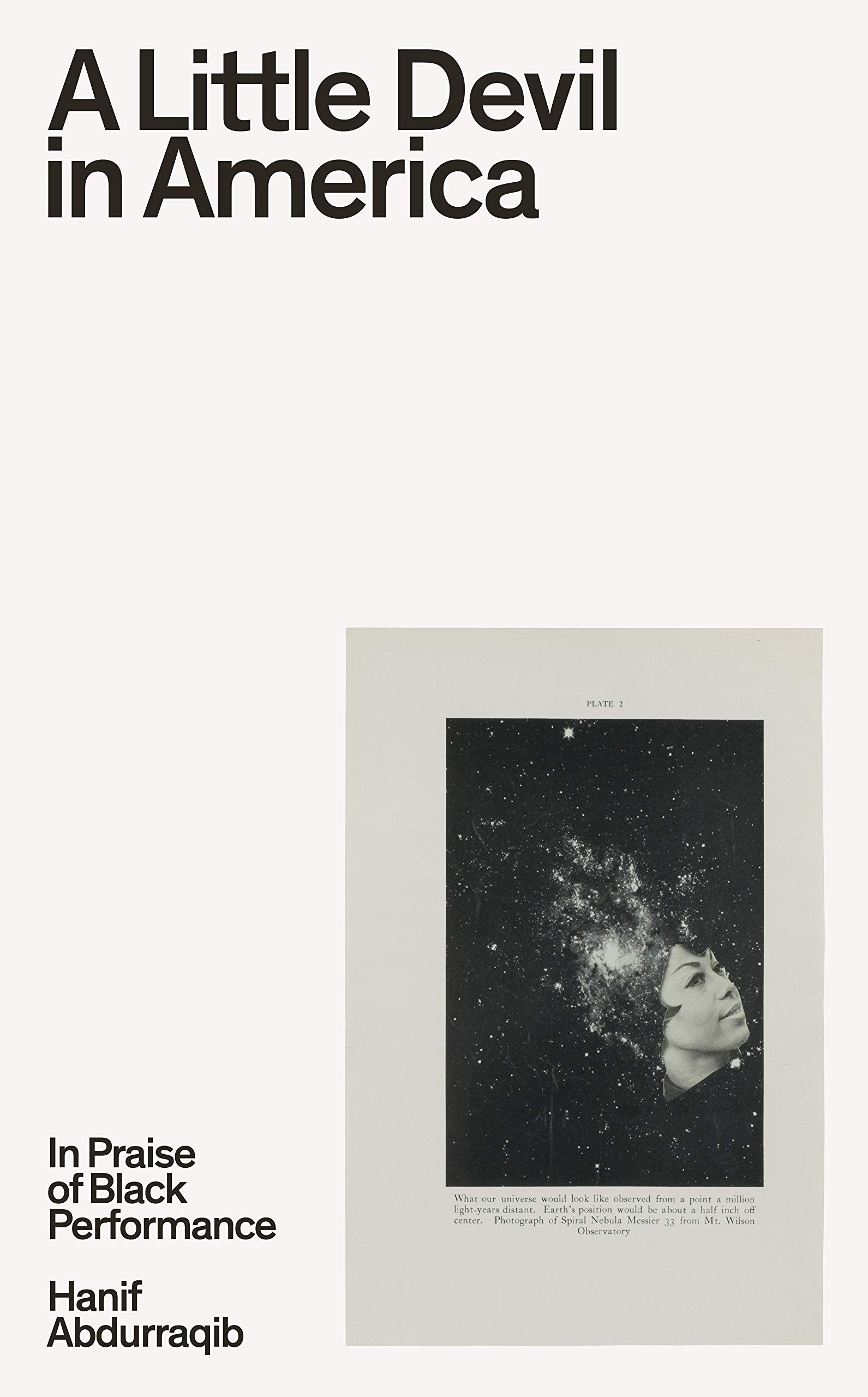I was first drawn to poet and cultural essayist Hanif Abdurraqib via his pertinently titled 2018 collection They Can’t Kill Us Until They Kill Us. That eclectic combination of reviews, personal recollections, tributes and imaginative meanderings marked him out as an original thinker, a writer who did not observe standard boundaries between formal cultural essays on global events and intimate, emotional portraits of his own childhood.
Revered critic Greil Marcus put it nicely. “Not a day has sounded the same since I read him.” Not only does Abdurraqib compose prose that flows like liquid gold, he also does that remarkable thing so many of his peers try to do but few achieve – he changes the way we observe and listen to the world. He forces us to pay more attention.
His new collection, A Little Devil In America: In Praise of Black Performance, confirms that The Can’t Kill Us was no one-hit-wonder. The same keen intelligence, boyhood exuberance, thoughtful soul- searching and zinging wit are all happily present in these essays on dancing, singing, fighting, spying, electioneering, cinema, magic, card playing, going to the moon… you get the picture.

Abdurraqib’s trick, or rather natural knack, is to follow a train of thought that is most engaging when it wobbles, veers off-track and suddenly takes off like a more elegant Chitty Chitty Bang Bang. And so we fly from Charles Dickens’ travels through America in 1842, to unconvincing fake black identities online, to Abdurraqib’s skincare routine, to the brutality of “haphazardly smeared” Blackface, when we shudder to a stop with his shocking realisation: “That is what they think we look like.”
He remembers that it was tap dancer Bill Bailey, not Michael Jackson, who first perfected the moonwalk
Some of these articles are heartfelt tributes to the iconic black performers and performances Abdurraqib has lain awake replaying; Josephine Baker, the Wu-Tang Clan, Beyoncé at the Super Bowl, ‘backing’ singer Merry Clayton on Gimme Shelter.
Many of his subjects have been written about countless times but Abdurraqib’s unapologetically personal take on their lives is as compelling as a first-time encounter with a legend. He movingly struggles to explain his reaction to Aretha Franklin’s seven-hour funeral – “too much and still somehow not enough”.









